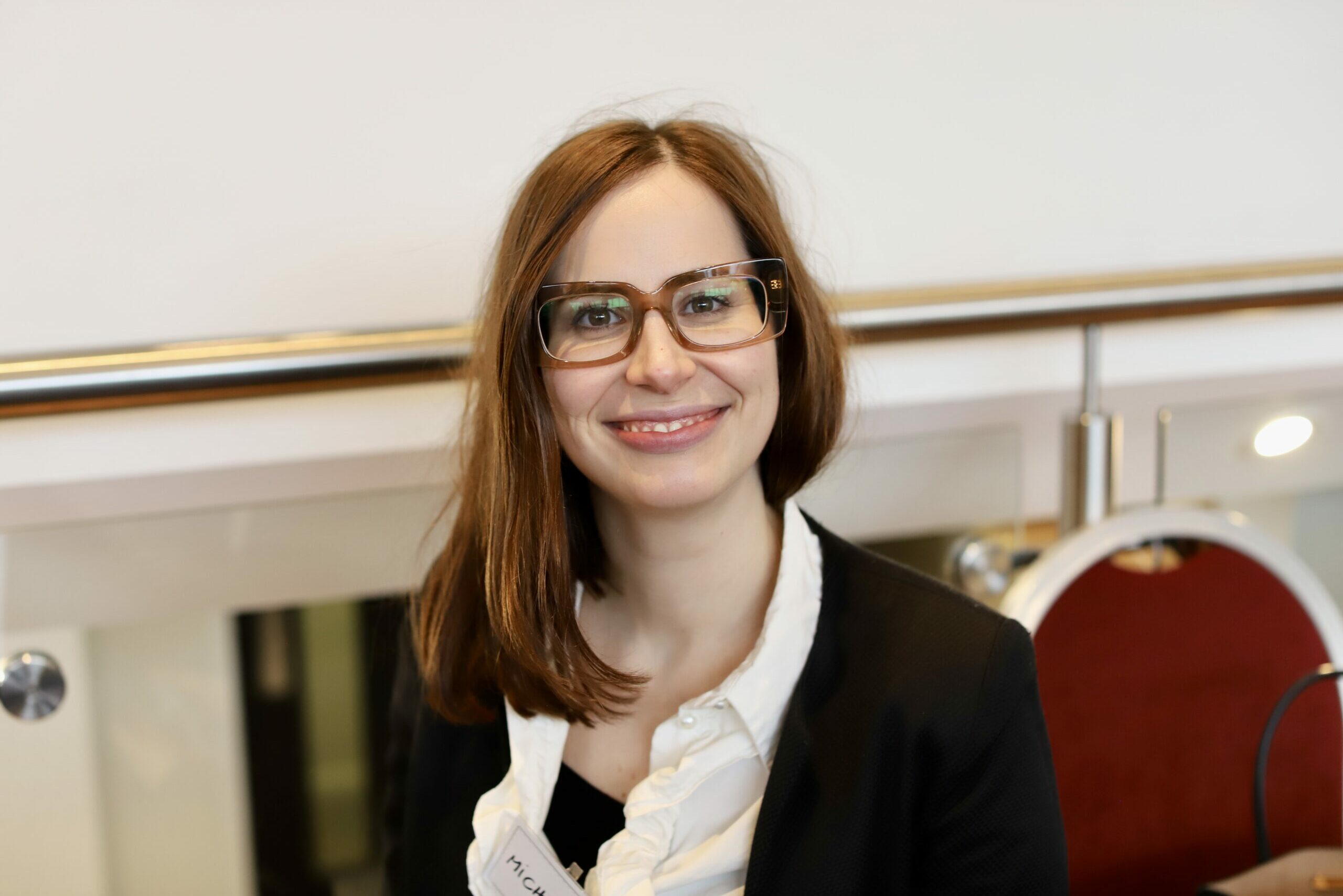What does equity mean to me?

Equity allows you to take into account people’s varying individual circumstances and tailor actions based on them
Equity is at the forefront of many women’s empowerment and DEI (Diversity, Equity and Inclusion) initiatives and discussions just now. In celebration of this year’s International Women’s Day, I’m sharing what equity means to me based on my experiences as an Eastern European woman living in London (who has often felt like she doesn’t belong and needs to change to fit in), as a non-STEM woman in tech, and above all as an advocate for women’s rights and empowerment.
What is Equity and why does defining it matter?
Equity can mean something different to each person. Therefore, it might help to start by saying equity isn’t the same as equality even though the 2 terms are often used interchangeably. Culture Amp explains this concept very well and I recommend checking its definitions out.
In short, treating people equally means we treat everyone the same, disregarding that individuals might have unique needs, circumstances and backgrounds that impact them, and their participation, differently. In contrast, equity allows you to take into account individuals’ varying circumstances, and tailor your actions based on that. If we want to create impactful results, we can’t disregard this and need to opt for equity instead of equality.
Equity is closely linked to our differences
Let’s consider the diverse circumstances that can apply to and affect all of us, at individual and collective levels. That we all have different characteristics, backgrounds and experiences as human beings is a fact. Some of these are very visible, many not so much. Several characteristics are now protected by law. For example, in the United Kingdom, the Equality Act 2010 seeks to protect people against discrimination based on the following 9 protected characteristics:
- age
- disability
- gender reassignment
- marriage and civil partnership
- pregnancy and maternity
- race
- religion or belief
- sex
- sexual orientation
And while of course this doesn’t work perfectly in practice, it’s a step in the right direction. But there are also so many other factors that have an impact on our experiences within the workplace, personal lives and beyond. A few examples come to my mind immediately including:
- socioeconomic background
- education
- neurodiversity
- parenthood
- caring responsibilities
- relationship situations
- language skills and accent
- cultural background
- childhood experiences
And many others. I’m sure you could think of other ones to add to the list. That’s not to say we need to keep adding more and more categories to ensure protection covers every possible scenario as we seek to achieve equity. Quite the opposite, everyone deserves to be protected, respected and supported regardless of their individual circumstances. Of course that’s still not the case, otherwise we wouldn’t need to talk about equity to promote the empowerment of women (and others), right?
Equity and story sharing
For me, the above mentioned examples of different individual circumstances that can impact us all at some point and in some way, show just how diverse all our experiences are. And also that we cannot achieve equity, without listening to people and learning from one another.
It’s easy to assume other people are, feel and act the same as us because we see the world through a filter based on our personal background and experiences. To break away from this bias and habit, it’s crucial to share stories and listen to one another respectfully and with an open mind. (This is why I recently founded the (Extra)ordinary Tech Stories – on a mission to share the stories of 500 people with diverse backgrounds about their careers in tech to make the tech industry more inclusive.)
So what does equity mean to me?
Wearing both my personal and professional hats, for me equity is all about:
- acknowledging we all have different experiences
- sharing individual stories with one another to bring more visibility to a variety of personal and professional circumstances and to learn from one another
- being open minded and kind
- empathising with each other
- tailoring our actions and initiatives to ensure everyone is included and can participate regardless of their circumstances.
We don’t have to go through the same experiences to relate to other people. We know what it’s like to feel supported and included and what it’s like when we’re not. As humans we want to belong. Through being open minded and having empathy we can listen to other people to learn about what they are going through.
Contrary to what critics may say, in my opinion, this is not about bending the world of the majority to accommodate the needs of the minority. It’s about collaboratively creating a world where everyone can belong, be themselves, be included and supported regardless of who they are, their background or what they are like.
This is actually quite similar to creating public services – if we make sure they work for those in the most vulnerable situations, it’s likely they will work for everyone. It might never be perfect, but any improvement we can make counts. It’s not the binary 100% perfect or nothing – it’s all about trying our best, learning and iterating along the way.
And we all have to work on this instead of just relying on the marginalised groups and individuals to drive the change forward!
Let’s sum this up
Equity can mean different things to all of us. To me, equity is all about sharing stories, empathising and tailoring our approaches to take into account a variety of circumstances we all face. It’s key that striving to achieve equity starts (and continues) with listening to people’s stories and experiences so we can offer them the right support that allows them to bring their whole selves. Yes, it is harder and more uncomfortable, but it is also more impactful, sustainable, and simply the right thing to do.